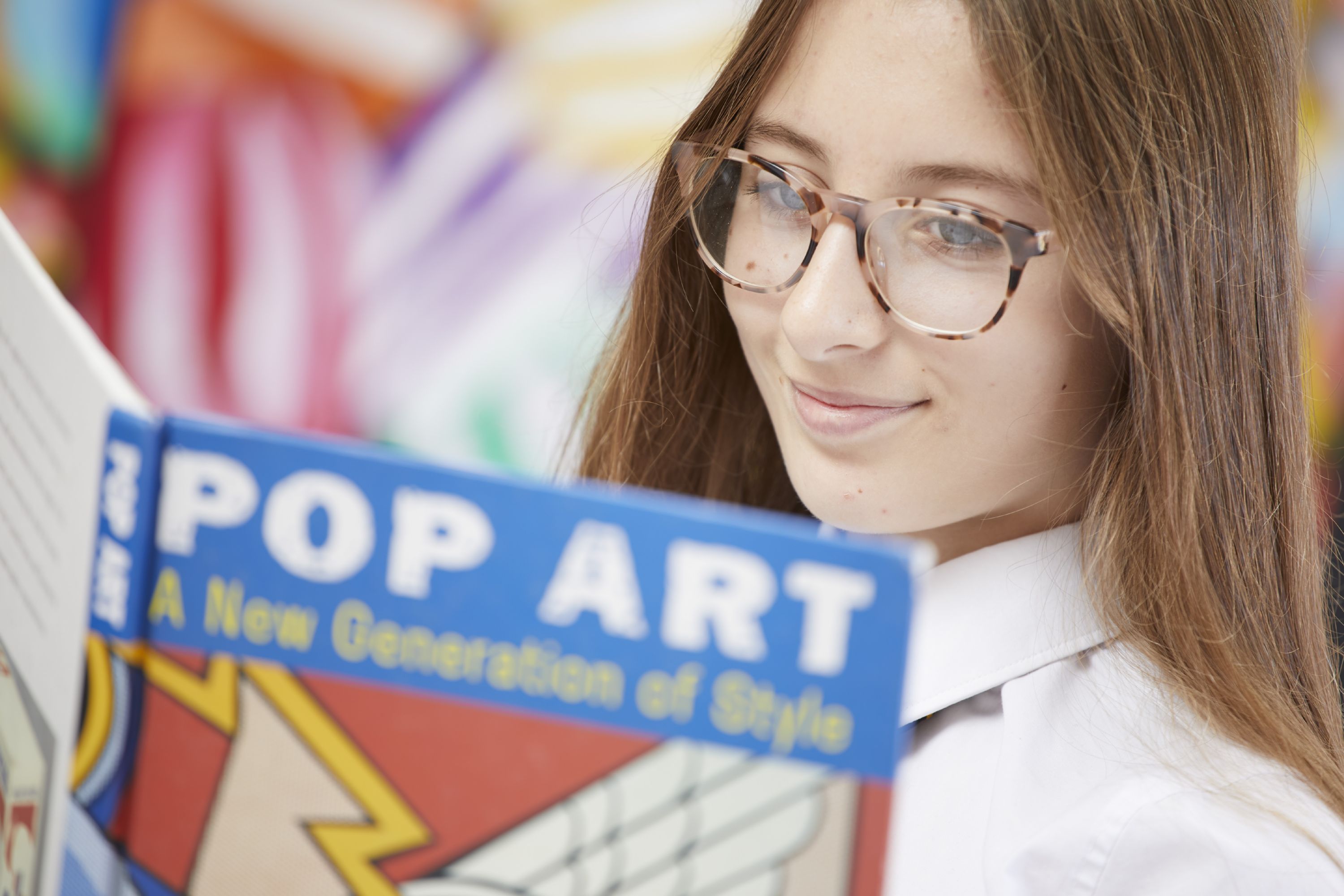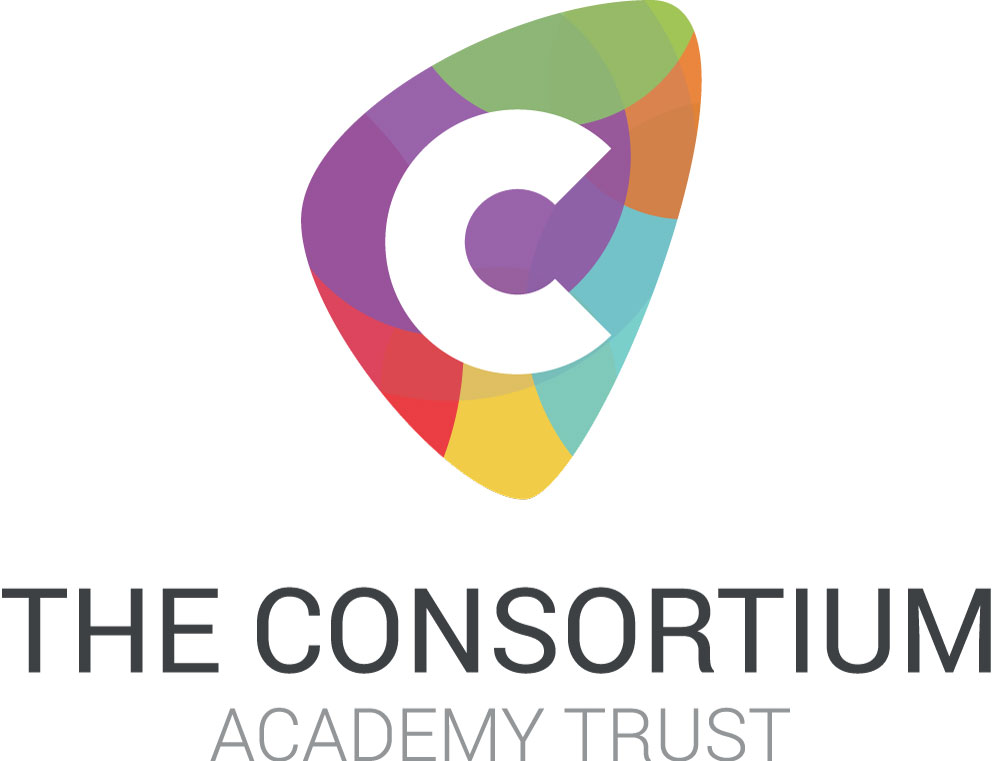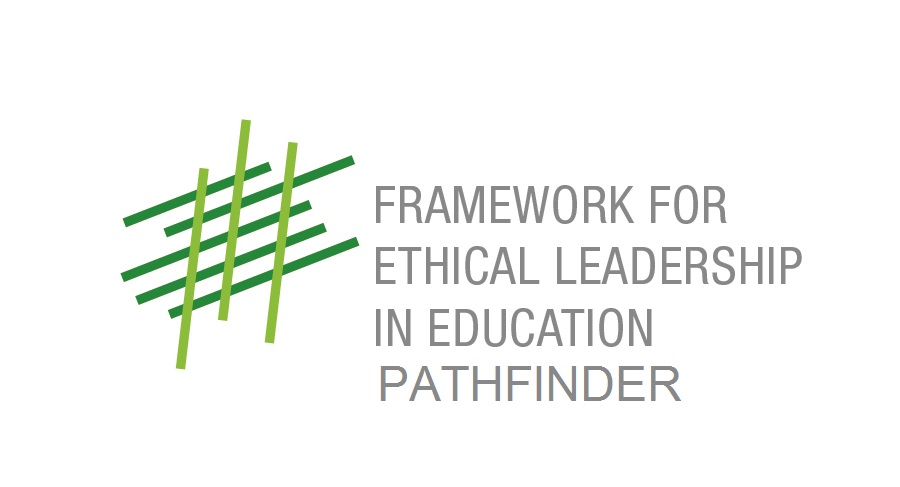2021 - 2022
Sexual Harassment
At Howden School we have a zero-tolerance approach to sexual violence and sexual harassment and it is never acceptable nor will it be tolerated. This form of behaviour will always be challenged. Educating our young learners that this is not acceptable within our school community is a priority. We can all change our behaviour by identifying the seemingly harmless beliefs, attitudes and actions that normalise sexual harassment. If we don’t, this can lead to a culture of unacceptable behaviours, an unsafe environment and in worst case scenarios a culture that normalises abuse. This can lead to children accepting it as normal and not coming forward to report it. Young people need to be confident in reporting any form of this behaviour and will always be listened to and supported.
Please see information on how to support your child on this topic
- PDF Howden Sexual Harassment Poster
- Talking to child about online sexual Harassment poster for parents
- Talking to your child about online sexual harassment guide for parents
Online Safety
Schools can play a crucial role in safeguarding young people from potentially harmful and inappropriate online material. We can educate young people to protect themselves online, so they are able to identify, intervene and report any concerns whilst inside or outside of school. Young people have access to the internet on a range of devices. The internet, for all its glory and opportunities, does unfortunately feature threats and challenges.
Please see information on how to support your child on this topic
- Online safety guidance
- Howden School - Online Safety There is a section on our website for online safety
Contextual Safeguarding
Contextual Safeguarding is an approach to understanding, and responding to, young people's experiences of significant harm beyond their family. It recognises that as young people grow and develop they are influenced by a whole range of environments and people outside of their family. Criminal exploitation for example county lines and radicalisation is something our young people have been educated on so they understand the risks, signs and support networks.
Please see information on how to support your child on this topic
- County Lines Leaflet
- EAH Parents Guidance on Radicalisation
Healthy Relationships
People who have healthy relationships are more likely to feel happier and satisfied with their lives. They are less likely to have physical and mental health problems. Healthy relationships can: increase your sense of worth and belonging and help you feel less alone. Understanding what a healthy relationship is allows our young people to recognise risks and access further support when needed. There are many different relationships that we have within our lives; family, intimate, friendship. The NSPCC discusses how parents and carers can support these boundaries. Healthy relationships | NSPCC
Please see information on how to support your child on this topic
- Young People Coercive Control Poster Pack
Child Exploitation
Child exploitation refers to the use of children for someone else's advantage, gratification or profit often resulting in unjust, cruel and harmful treatment of the child. It is important that young people recognise the risks and signs so they can get support for themselves and others. Not in our community is a great tool for young people, parents and carers to understand grooming and exploitation. Not In Our Community – Protection against exploitation
Please see information on how to support your child on this topic
- CSE parent leaflet



